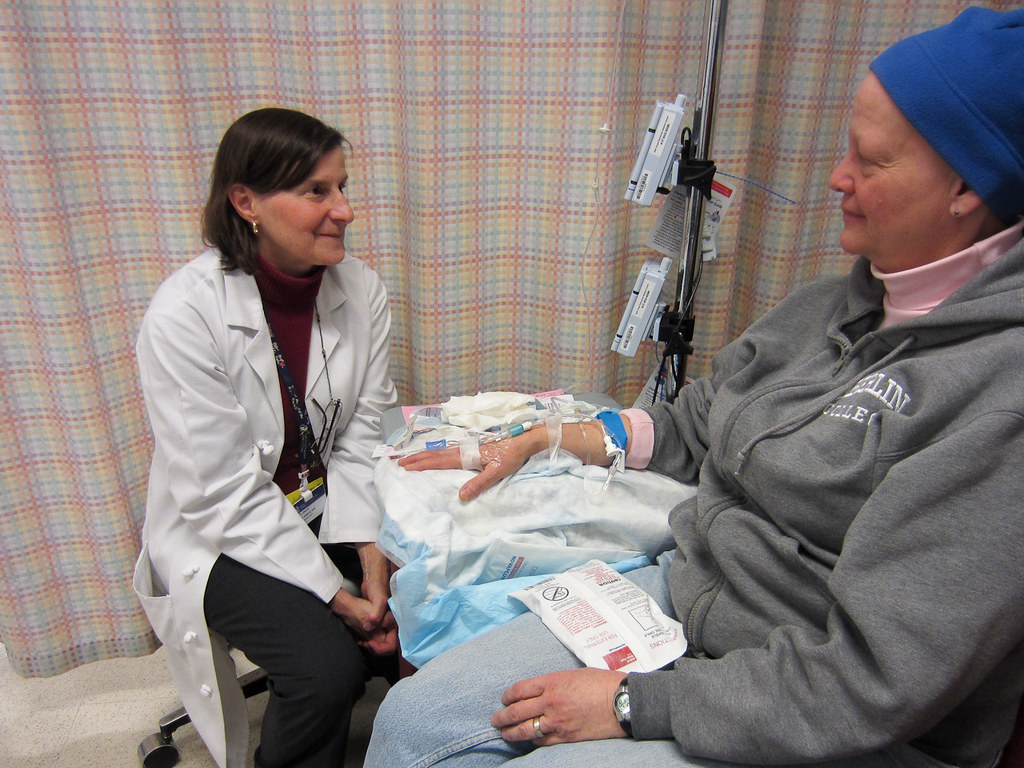
Roughly half of U.S. states allow nurse practitioners and other advanced nurses to work without a physician looking over their work. After a three-year truce, Tennessee nurses are battling for the same kind of independence here.
The last time nurse practitioners, midwives and nurse anesthetists pushed Tennessee lawmakers to loosen physician oversight, things got so testy that both sides agreed to a ceasefire.
Now nurses are back with a similar plan (SB2110/HB2203) that doctors still don’t like. They want autonomy for advanced practice nurses, who currently have to pay a physician to check over their charts.
“There is no empirical data on the physician side to support not doing this,” says Tina Gerardi, executive director of the Tennessee Nurses Association. “It’s all emotional, and it’s really a power and control issue. It has nothing to do with patient outcome. And that’s why we’re arguing for it.”
Gerardi contends nurses know when to refer a complicated case to a doctor. And she argues nurse practitioners could help fill the need for primary care in rural areas, since it would become easier and cheaper to run an independent practice.
Tennessee is among roughly a dozen states with especially strict supervision rules. The Tennessee Medical Association, which lobbies on behalf of doctors, has been open to renegotiating the relationship. It acknowledge deficiencies in the chart review process and the cost burden on some nurse practitioners who try to run their own practice.
But the group also warns of potential harm to patients if doctors step away entirely.
TMA president Elise Denneny, an otolaryngologist from Knoxville, tells of a patient she treated just last week who had been to an urgent care clinic after hearing a pop and having fluid build up in the ear. The patient was sent home with medication that didn’t do anything, she says.
“I saw the patient eight months later. They’re deaf in that ear,” Denneny says. “I could have saved them had the proper diagnosis been given. That’s what we’re trying to avoid. I can’t restore that hearing now, and it was totally preventable.”

